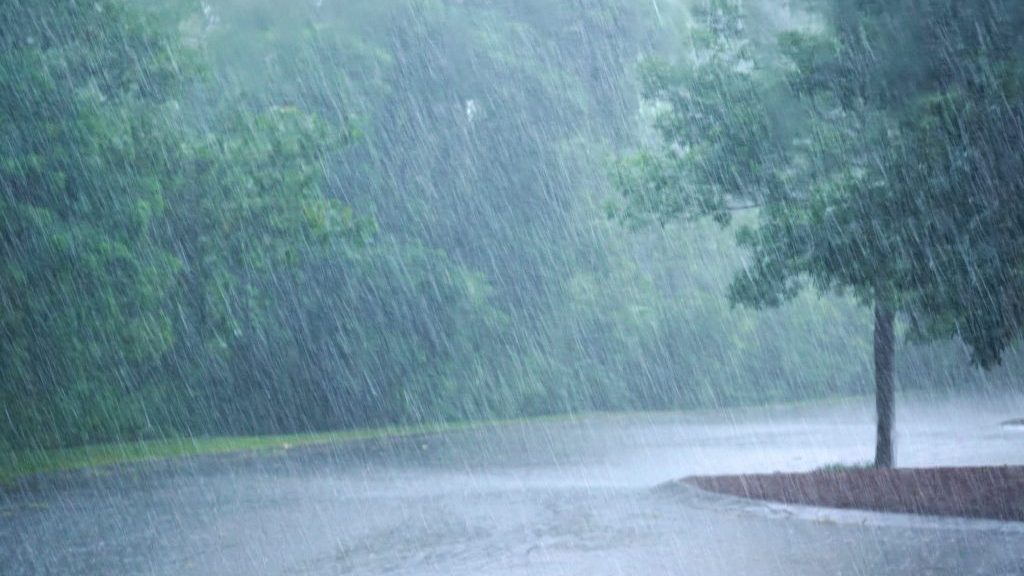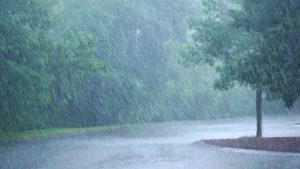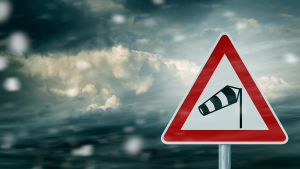VANCOUVER — Vancouver lived up to its soggy reputation last year, with Environment Canada data showing 2024 was the city’s wettest year so far this century.
Meteorologist Chris Doyle said data showed more than 1,367 millimetres of precipitation at Vancouver International Airport last year.
The drenching was boosted by a series of atmospheric river events and other storms and represents the highest annual precipitation for Vancouver since 1999, when 1,394 millimetres fell.
“I think it’s safe to say that it was a rainier-than-average year, and may have seemed rainier certainly over the last month because we had so many days with precipitation,” Doyle said.
Records at Vancouver International Airport have been kept since 1937, but Doyle said some historic climate statistics may be unreliable due to possible data corruption.
He said the most reliable rainfall record for Vancouver was set in 1997, when 1,521 millimetres fell at the airport station.
Vancouver averages 1,189 millimetres of precipitation each year, including both rain and snowfall converted to liquid water amounts.
Doyle said while 2024’s precipitation was the most since 1999, it was within 15 per cent of the annual average, placing it “within the normal range” of rain seen in Vancouver.
“The rainfall in 1997 was substantially higher than what we received this year, an extra 150-millimetres-plus more,” he said. “So (2024) is not near-record wet. It’s just kind of on the wet side.”
Doyle said a key reason for the higher-than-average rainfall last year was an “enhanced East Asian jet stream” across the Pacific Ocean that persisted for weeks.
In October, an atmospheric river weather system dumped hundreds of millimetres of rain on parts of British Columbia, prompting North Vancouver to declare a state of local emergency.
The stormy weather along the B.C. coast this winter also included a bomb cyclone in November that knocked out power to more than 300,000 properties.
©2024 The Canadian Press





Recent Comments